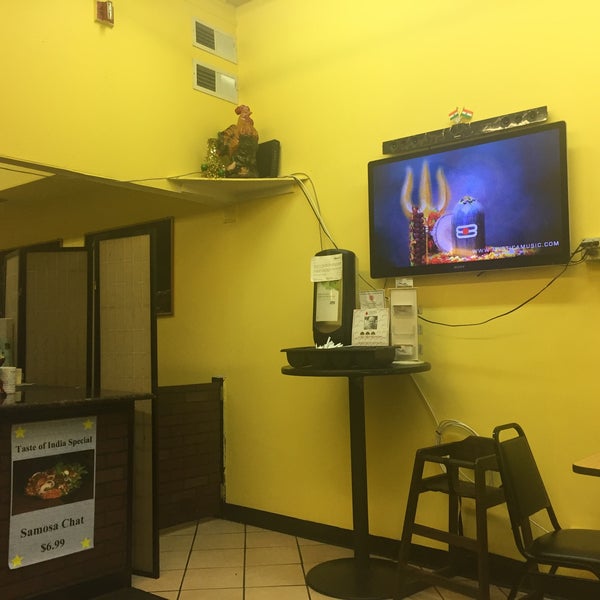Ali Sachay Rizvi is a famed noha performer who has performed worldwide, including places like Pakistan, Houston, Maryland, and Washington D.C. He is the son of the poet and noha-performer Sachay Bhai.
I have found his performances because of this year's Muharram commemorations. I searched randomly on Youtube and was captivated by the dignity and rhythms of his recitals. The video accompanied me during journeys along the public transportation system. Zeba saw my share of his performance on faceb00k and informed me of his father's work. She also mentioned attending his majalis march in D.C. during her work trip and we both praised his graceful sonic effects.
As a historian, very few look into sonic resources. Sounds of Islam is one exception by an anthropologist. Many histories of Islam also do not address South Asian contributions to the spirit of Islam (which is also a reference to South Asian thinker Iqbal's book). This post seeks to do some justice; but it is by no means complete. Sadly my Urdu is not up to par for translations.
Whenever the baby or child cried during our majalis, Shaikh Imranali Panjwani of Gujarat (by way of England) would recite salawat and sometimes it could calm down the child. That is the amazing effect of vibrations.
Here are some of the Mr. Ali Sachay Rizvi's Urdu noha performances in latam sessions, mostly uploaded by Hyder Rizvi.
A non-latam poetry recital
I have found his performances because of this year's Muharram commemorations. I searched randomly on Youtube and was captivated by the dignity and rhythms of his recitals. The video accompanied me during journeys along the public transportation system. Zeba saw my share of his performance on faceb00k and informed me of his father's work. She also mentioned attending his majalis march in D.C. during her work trip and we both praised his graceful sonic effects.
As a historian, very few look into sonic resources. Sounds of Islam is one exception by an anthropologist. Many histories of Islam also do not address South Asian contributions to the spirit of Islam (which is also a reference to South Asian thinker Iqbal's book). This post seeks to do some justice; but it is by no means complete. Sadly my Urdu is not up to par for translations.
Whenever the baby or child cried during our majalis, Shaikh Imranali Panjwani of Gujarat (by way of England) would recite salawat and sometimes it could calm down the child. That is the amazing effect of vibrations.
Here are some of the Mr. Ali Sachay Rizvi's Urdu noha performances in latam sessions, mostly uploaded by Hyder Rizvi.
For Bibi Zahra (a.s.)
For Bibi Fatima (a.s.)
For Abbas (a.s.)
2012
Text for this noha listed below; copied from Noha Writeups
Bazaar may binte ali deti thi sada bhai
abbas kahan ho
sar par bhi nahi chadar laakhon hai tamashayi
abbas kahan ho
abbas abbas….
is aalam e ghurbat may koi bhi nahi mera
hai khaak e safar sar par aur raat rasan basta
pardes may zainab ko taqdeer kahan laayi
abbas kahan ho
abbas abbas….
paywast hai naize may sar shaahe shaheedan ka
ye dekh ke ay ghazi phat-ta hai mera seena
marjayegi is gham may shabbir ki maajayi
abbas kahan ho
abbas abbas….
darya ke kanare tum aada se gaye ladne
sab dekh rahi thi mai darwazaye qaima se
ab jung hamari bhi dekho to zara bhai
abbas kahan ho
abbas abbas….
dunya ka sahara hai baba jo hamara hai
mushkil may magar maine tumko hi pukaara hai
ab dhoondti hai tumko bhaiya meri beenayi
abbas kahan ho
abbas abbas….
be-monis o yawar hai batlao kidhar jaaye
is tarha to jeene se behtar hai ke mar jaye
faryaad kare kis se hoti nahi sunwaayi
abbas kahan ho
abbas abbas….
ay mere jari meri imdad ko aajao
maanga hai kaneezi may zaalim ne sakina ko
hai waqt qayamat ka masoom hai ghabrayi
abbas kahan ho
abbas abbas….
ahmed ki nawasi ka yasir yehi noha tha
na bhai bache mere na koi bacha beta
ab jeeke karoongi kya gar maut nahi aayi
abbas kahan ho
abbas abbas….
For Bibi Sakina
Tewar wohi shabab wohi baakpan tamam (urdu lyrics listed below)
A non-latam poetry recital












